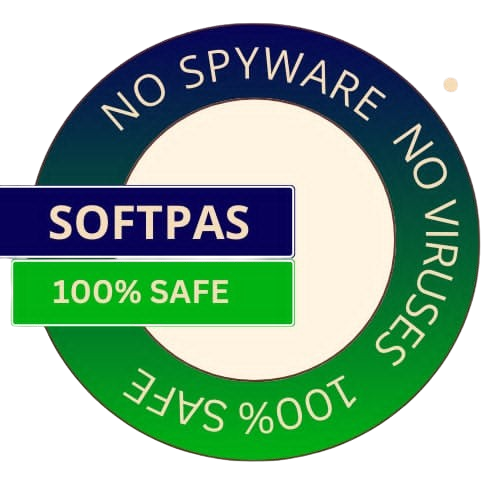
Get the best deals on your favorite games
So, uname is a special version of the uname command that gives you some neat options to play with. It supports several flags like -a, -s, -r, -n, -v, and -m. Pretty cool, right?
The basic usage goes like this:
Usage: uname [options]
If you don’t add any options, it will just act like you typed uname -s.
If you're coding, you might need to include a few headers at the top of your file. Here’s what you should add:
#include <unistd.h>
#include <sys/utsname.h>
#include <stdio.h>
#include <stdlib.h>
#include <string.h>
Your main function could look something like this:
int main(int argc, char *argv[]) {
// Declare your flags and other variables here...
}If there are no options provided when running it, it'll just default to printing the system name.
If someone tries to use an option that doesn't exist, it will show them how to use it properly by calling a function that prints usage info.
This tool is super useful for getting system info quickly. If you're looking for more detailed instructions or downloads for software like this one, check out our link: Download Uname here!
Go to the Softpas website, press the 'Downloads' button, and pick the app you want to download and install—easy and fast!

SoftPas is your platform for the latest software and technology news, reviews, and guides. Stay up to date with cutting-edge trends in tech and software development.
Subscribe to newsletter
© Copyright 2024, SoftPas, All Rights Reserved.